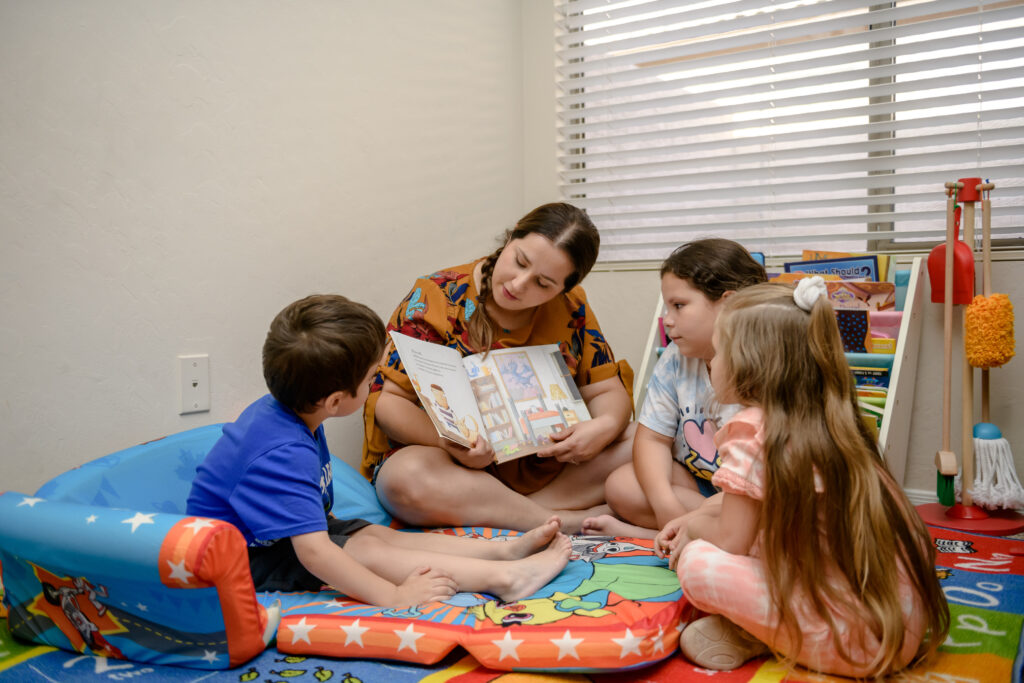How Data Can Shift the Narrative for Home-based Child Care

Original Source: Homegrown Newsletter – Spring 2023
Dear Colleague,
Home-based child care and specifically family, friend and neighbor (FFN) child care tends to fall through the cracks of the early childhood system “silos” that represent both early care and education and family support. FFN child care, as the point of intersection between these silos, presents an opportunity to expand our systems thinking in both directions to jointly figure out how to best support the greatest number of FFN providers and the families that use this type of child care.
Researchers can play an important role in informing programs and policies that are tailored around the unique characteristics and needs of FFN providers, children, and their families. Over the past three decades, a handful of researchers across the country have conducted mostly descriptive studies to help us understand characteristics of FFN providers and of the families who use this form of child care. We also saw the emergence of several studies that examined quality in FFN child care settings by comparing across child care types.
There continues to be an urgent need for more nuanced research that moves beyond descriptive studies and comparative studies. For example:
- How do broader, societal and community factors like housing, poverty, and neighborhood characteristics provide a context for understanding providers’ experiences, features of quality, training and support preferences, and key relationships in the child care setting?
- How can initiatives support the emotional and mental well-being of FFN providers, which in turn supports the emotional wellbeing for young children (Le et al., 2019)?
An important role that researchers can play involves questioning mainstream and dominant assumptions about FFN care and FFN child care providers which often cast a deficient lens resulting in policies that are restrictive and not aligned with what we already know about effective supports for quality. Successfully exploring a more nuanced agenda will require collaboration between researchers, policymakers, program leaders, and providers. Not only must our agenda shift towards a stronger integration of a decolonized world view, but we –ourselves – must decolonize the ways in which we have been trained and socialized so we can play a stronger role in supporting policies and programs that will have a long-lasting impact for communities and families.
Thank you,
Dr. Eva Marie Shivers
FOUNDING EXECUTIVE DIRECTOR
Indigo Cultural Center

